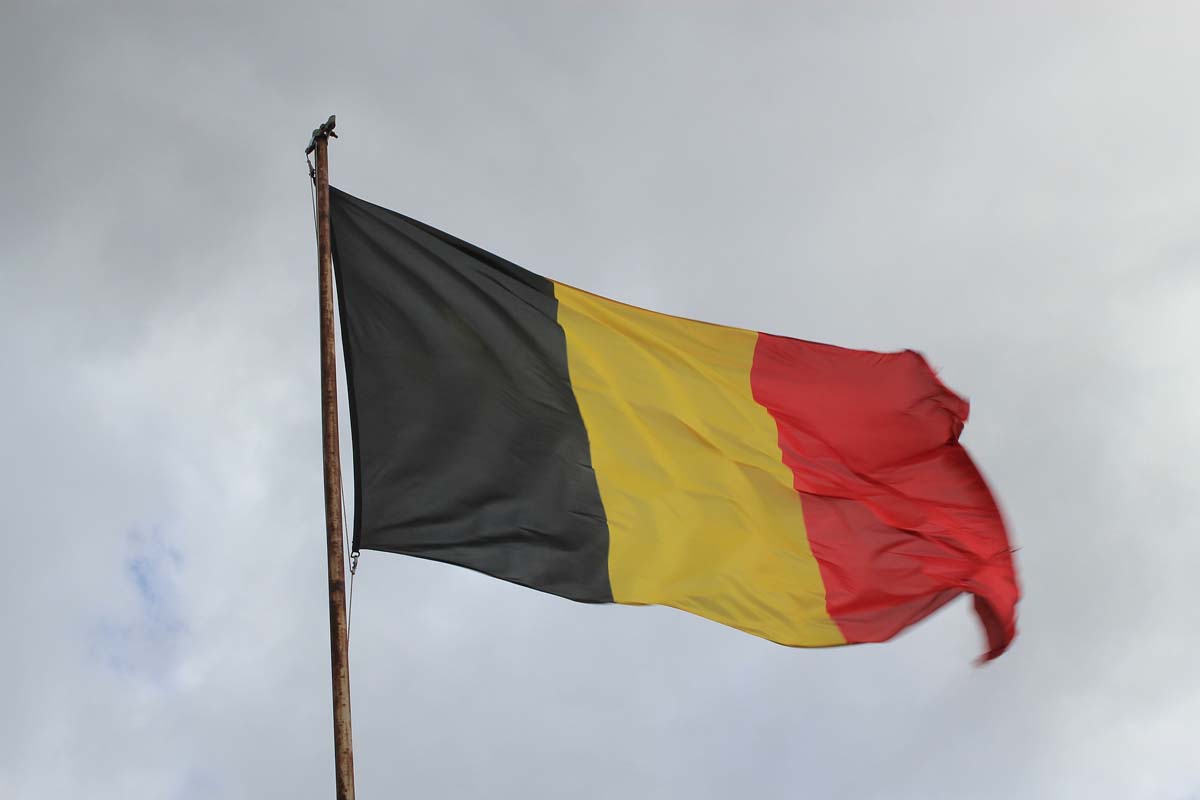
403
Sorry!!
Error! We're sorry, but the page you were looking for doesn't exist.
Belgium Launches Right-Wing Political Party Named After Trump
(MENAFN) A new right-wing political party in Belgium, named after U.S. President Donald Trump, officially launched this month, local media outlet reported on Monday, citing founder and chairman Salvatore Nicotra.
The party, called TRUMP—an acronym in French for “All United for the Union of Populist Movements”—positions itself as the successor to the recently dissolved Chez Nous movement and Belgium’s former National Front (NF). The NF, a francophone right-wing party known for anti-immigration and nationalist policies, disbanded in 2012 amid internal splits and corruption scandals.
Naming the party after Trump was intentional, Nicotra told BRUZZ. “Donald Trump is the symbol of populism. He immediately shows what we stand for,” he said.
Nicotra described TRUMP as a “right-wing populist party with a social dimension.” He explained that its platform borrows roughly 40% from the left-wing Workers’ Party of Belgium (PTB), which advocates social equality and higher wages, and another 40% from Vlaams Belang, Belgium’s largest right-wing party calling for stricter immigration controls and the independence of Dutch-speaking Flanders. Unlike Vlaams Belang, Nicotra emphasized, TRUMP rejects Flemish separatism and promotes a unified vision of Belgium.
The party aims to compete in the 2029 federal and European Parliament elections, with the possibility of fielding candidates at regional and municipal levels, Nicotra added. Other founders, all former NF members, include Emanuele Licari, a one-time Vlaams Belang politician expelled for openly glorifying fascism.
TRUMP was first introduced to the press on November 7, with its official inauguration scheduled for November 30.
The rise of right-wing and nationalist parties across the European Union has accelerated in recent years, driven by voter frustration over migration, economic pressures, and opposition to Brussels’ centralization. Movements such as Marine Le Pen’s National Rally in France, Giorgia Meloni’s Brothers of Italy, and Viktor Orbán’s Fidesz in Hungary have presented themselves as defenders of national sovereignty and conservative values. In Belgium, Prime Minister Bart De Wever leads the New Flemish Alliance, a nationalist party within the ruling coalition.
The party, called TRUMP—an acronym in French for “All United for the Union of Populist Movements”—positions itself as the successor to the recently dissolved Chez Nous movement and Belgium’s former National Front (NF). The NF, a francophone right-wing party known for anti-immigration and nationalist policies, disbanded in 2012 amid internal splits and corruption scandals.
Naming the party after Trump was intentional, Nicotra told BRUZZ. “Donald Trump is the symbol of populism. He immediately shows what we stand for,” he said.
Nicotra described TRUMP as a “right-wing populist party with a social dimension.” He explained that its platform borrows roughly 40% from the left-wing Workers’ Party of Belgium (PTB), which advocates social equality and higher wages, and another 40% from Vlaams Belang, Belgium’s largest right-wing party calling for stricter immigration controls and the independence of Dutch-speaking Flanders. Unlike Vlaams Belang, Nicotra emphasized, TRUMP rejects Flemish separatism and promotes a unified vision of Belgium.
The party aims to compete in the 2029 federal and European Parliament elections, with the possibility of fielding candidates at regional and municipal levels, Nicotra added. Other founders, all former NF members, include Emanuele Licari, a one-time Vlaams Belang politician expelled for openly glorifying fascism.
TRUMP was first introduced to the press on November 7, with its official inauguration scheduled for November 30.
The rise of right-wing and nationalist parties across the European Union has accelerated in recent years, driven by voter frustration over migration, economic pressures, and opposition to Brussels’ centralization. Movements such as Marine Le Pen’s National Rally in France, Giorgia Meloni’s Brothers of Italy, and Viktor Orbán’s Fidesz in Hungary have presented themselves as defenders of national sovereignty and conservative values. In Belgium, Prime Minister Bart De Wever leads the New Flemish Alliance, a nationalist party within the ruling coalition.

Legal Disclaimer:
MENAFN provides the
information “as is” without warranty of any kind. We do not accept
any responsibility or liability for the accuracy, content, images,
videos, licenses, completeness, legality, or reliability of the information
contained in this article. If you have any complaints or copyright
issues related to this article, kindly contact the provider above.

















Comments
No comment